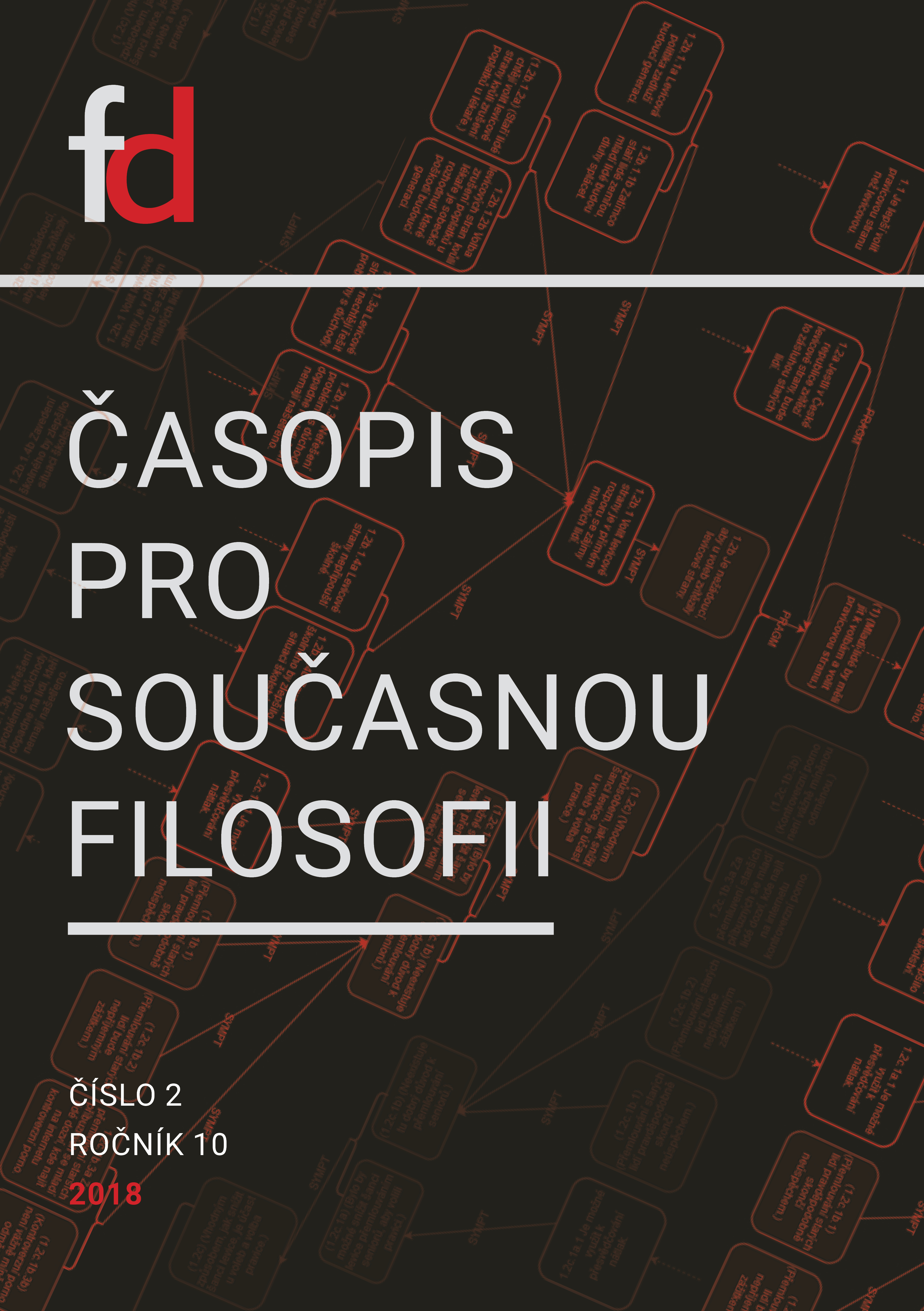Bábu nepřemluvíš, co takhle jít k volbám? Strategicky kontraproduktivní přemlouvání mladých (ne)voličů
DOI:
https://doi.org/10.26806/fd.v10i2.275Abstrakt
Text představuje pragma-dialektický přístup k argumentaci. Věnuje se představení nástrojů standardní verze (ideální model kritické diskuze, argumentační schéma, argumentační struktura) i rozšířené verze (typ komunikační aktivity, strategické manévrování). Následně ilustruje užití předložených nástrojů na případové analýze videa „Přemluv bábu“. Standardní verze je využita k zodpovězení otázky „Jakou argumentaci Mádl a Issová předkládají? Je zde představen postup rekonstrukce argumentační výpovědi: identifikaci argumentačně relevantních prvků textu a rekonstrukci argumentační struktury a užitých argumentačních schémat. Rozšířená verze pragma-dialektiky je užita k zodpovězení otázky „Jaké argumentační strategie Mádl a Issová používají, aby zvýšili přijatelnost vzhledem k zamýšlenému publiku?“ Je zde předložena charakterizace typu komunikační aktivity angažované politické komedie a omezení, které z jejích konvencí vyplývají. Následně je předložena analýza strategie užití tzv. strategické kontraproduktivity.
Stahování
Publikováno
Číslo
Sekce
Licence
Autoři, kteří publikují v tomto časopise, souhlasí s následujícími body:
- Autoři si ponechávají copyright a garantují časopisu právo prvního publikování, přitom je práce zároveň licencována pod Creative Commons Attribution licencí, která umožňuje ostatním sdílet tuto práci s tím, že přiznají jejího autora a první publikování v tomto časopisu.
- Autoři mohou vstupovat do dalších samostatných smluvních dohod pro neexkluzivní šíření práce ve verzi, ve které byla publikována v časopise (například publikovat ji v knize), avšak s tím, že přiznají její první publikování v tomto časopisu.
- Autorům je dovoleno a doporučováno, aby zpřístupnili svou práci online (například na svých webových stránkách) před a v průběhu redakčního řízení jejich příspěvku, protože takový postup může vést k produktivním výměnám názorů a také dřívější a vyšší citovanosti publikované práce (Viz Efekt otevřeného přístupu).


